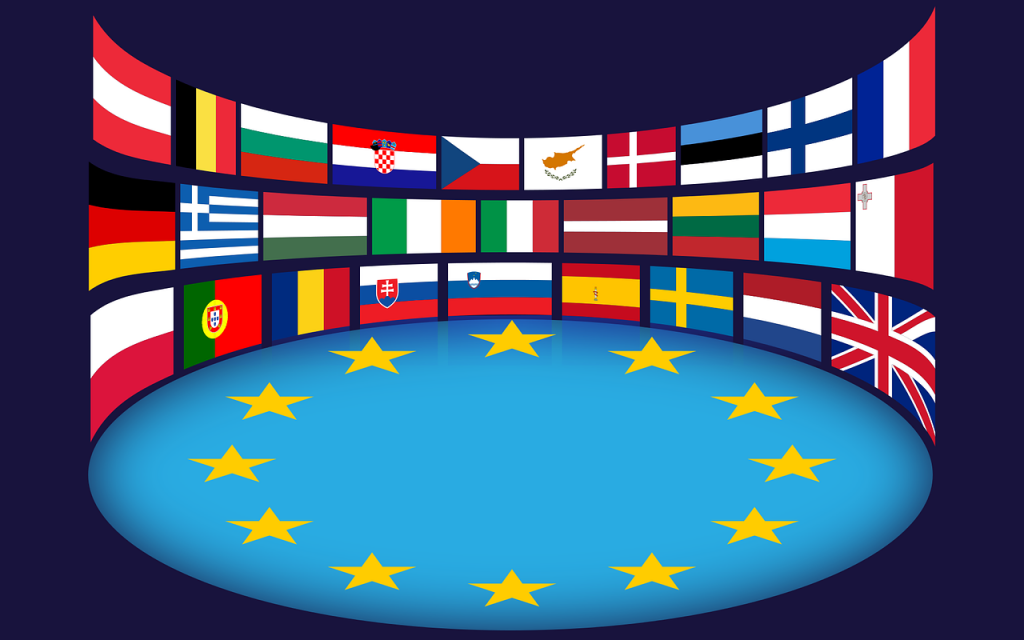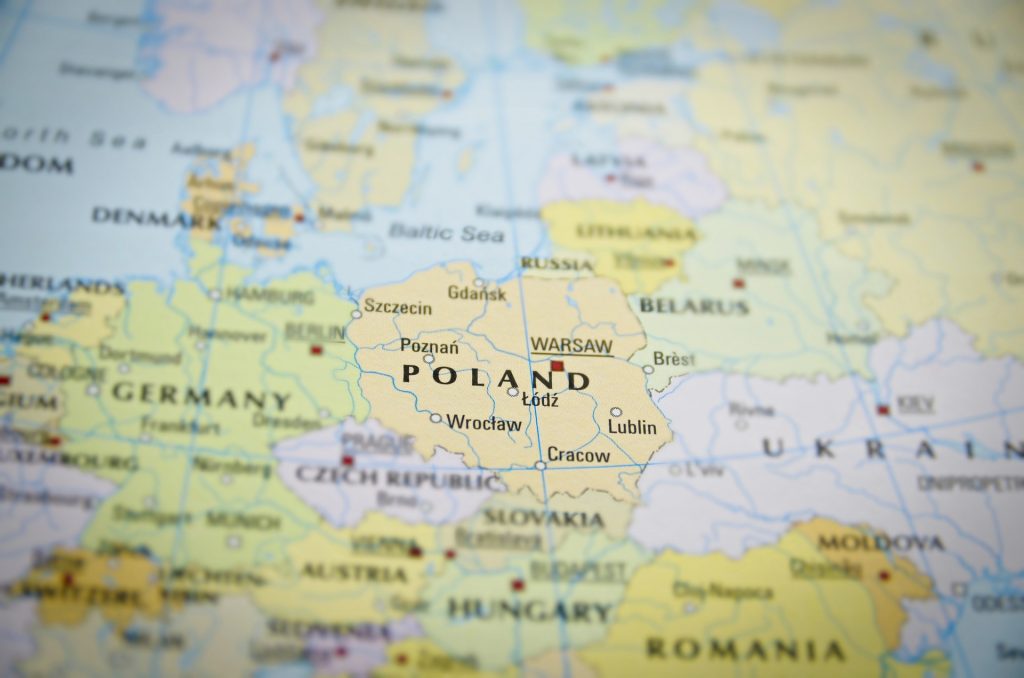2019 European Parliament election Posted by Kasia on May 26, 2019 in Current News
European Parliament elections came to a close today! They not only determine the make-up of the next EU assembly and help decide who ends up running top European institutions but can also play back into the national politics of the bloc’s 28 member states.
The European Parliament (Europejski Parlament) is the only EU institution whose members are elected through a direct popular vote. Members of the European Parliament are responsible for electing the President of the European Commission—the EU executive body—and approving the laws that govern the Union.
The Parliament’s 751 seats are distributed among member states based on population. Voters in each country cast ballots for national parties. Those parties are affiliated with parties at the European level, which in turn are represented in the Parliament through various political groups. The group with the most seats has the best chance of influencing the policy direction of the European Commission. Since 1999, the center-right European People’s Party and its predecessors have held the most seats.
The European Parliament will report vote tallies in batches throughout the night after polls close in each member state. The first results will be estimates of how member states voted, based on exit polls and other non-official sources. Then member states will report provisional results as votes are being counted, and final results when all votes have been tallied.
Early results are starting to come in. Poland’s ruling Law and Justice party (PiS) came out narrowly ahead in a vote seen as test of the party’s nationalist, eurosceptic platform before a national election later in the year. PiS had framed the European ballot as a battle against western liberal ideals that it says threaten the traditional way of life in Poland, a very Catholic country.
In the run up to Sunday’s vote, senior PiS officials, including Prime Minister Mateusz Morawiecki and Kaczynski travelled to rural communities, vowing to ensure gay couples will not be allowed to adopt children and that Poland would not join Europe’s single currency for years.
Poles are among the most pro-EU nations in the bloc, in part because of massive aid Poland receives from the bloc. PiS focused its campaign on stoking fears against the euro, telling voters adopting it would raise consumer prices.
Not all voters bought the argument. Voter turnout stood at 43%, a record high for a European election in Poland, following an acrimonious campaign dominated by issues such as gay rights, the legacy of the Holocaust in Poland, and the role of the Catholic Church in public life (a lot of things I disagree with unfortunately…).
Definitely a lot to think about…Please share your thoughts and comments with us!

Build vocabulary, practice pronunciation, and more with Transparent Language Online. Available anytime, anywhere, on any device.






Comments:
Martha Kudlacik:
Sounds like what’s going on here in the US, a country founded on separation of church and state that has seriously lost its way.